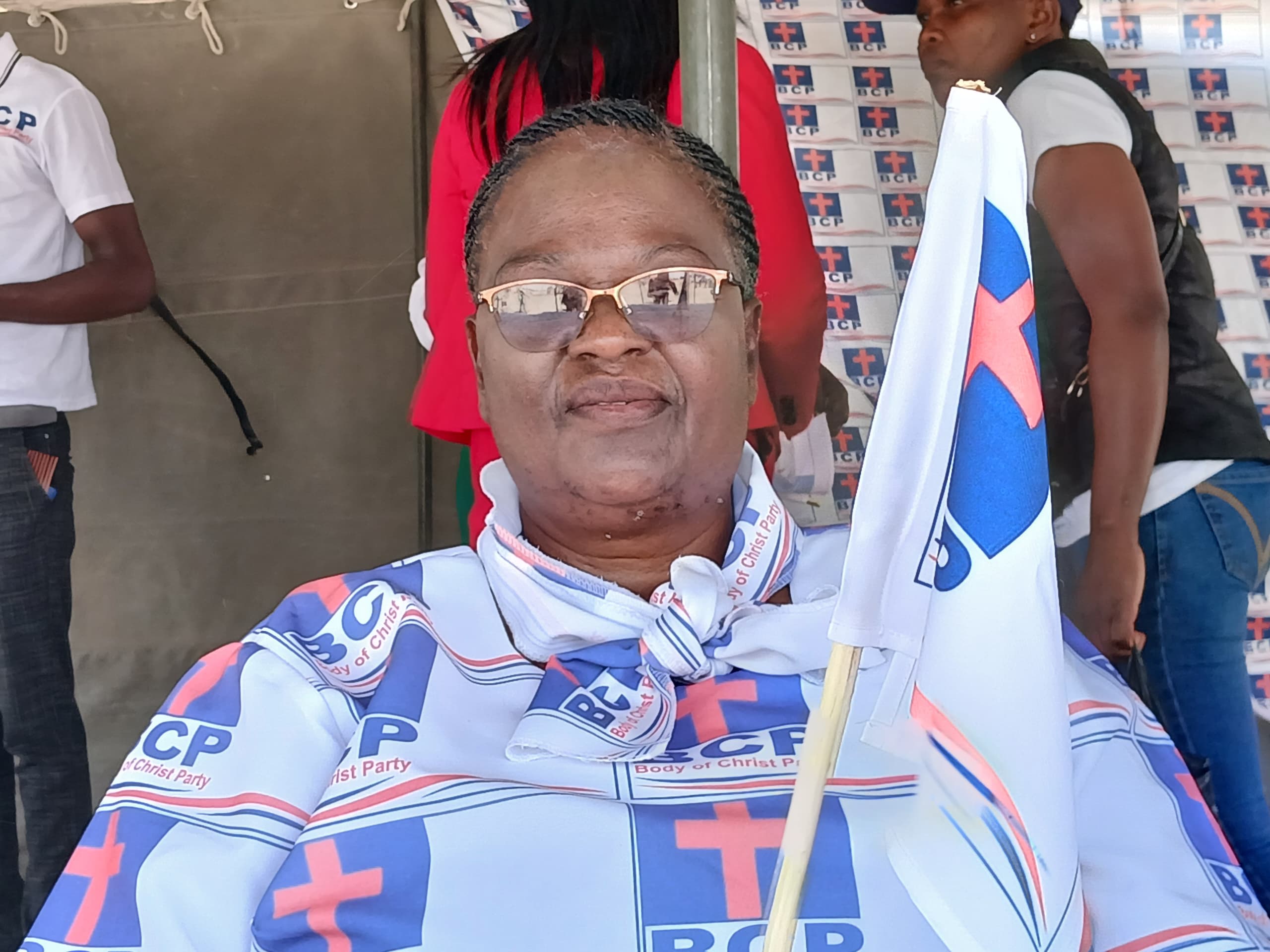Patrons of Daisho Sushi & Wine Bar can attest that Master Makhosi makes a mean rainbow roll, but the man can also throw one hell of a party.
The occasion is the beloved sushi bar’s 10th birthday. The moon is high. The Ells, Vaughn Ahrens and Sir Ray are on stage. KWV is handing out flutes of crisp champagne and a bar-side sushi buffet is the centre of the universe.
In the seated crowd that devours plate upon plate of all-you-can-eat sushi are longtime customers, some new faces and a beautiful Big Brother Africa star.
The festive atmosphere is unlike anything Ludwigsdorf’s Square Park on Hebenstreit Street has ever seen. In the back, slicing avo and smiling serenely as the sound of 10 years of success floats towards him from the twinkling courtyard, is Master Makhosi doing what he loves.
A few weeks later, cool in the icy air conditioning that keeps the raw fish fresh, the soft-spoken and cherished sushi chef sits in his Japanese-style restaurant and reflects on a decade of sushi making.

“I remember when we turned five, I told my staff we’ll have a big party if we turn 10. Now it’s happened and we’re super exited because it was a big challenge to get here,” says Daisho Sushi & Wine Bar owner Ngobamakhosi Mhlanga, popularly known as Master Makhosi.
The young entrepreneur opened Daisho on 2 September 2014.
Having sharpened his skills working at a sushi restaurant in Johannesburg and later at Windhoek’s Sushi @ Nice, Master Makhosi took a chance on opening his own establishment in the hope that he could grow local appreciation of sushi and the art of its creation.
Today, Daisho is still the premier dedicated sushi restaurant and wine bar in Windhoek.
The brand has expanded to include mini sushi bars at Woermann Brock’s /Ae//Gams, Olympia and Pionierspark supermarkets, and is a special feature at the MTC Wine Extravaganza and the FNB Whisky Festival both in Windhoek and at Ongwediva.
“I have chefs in the shops that we have trained here. The fish is filleted here. Rice and things like prawns are also prepared at the main shop so you have that consistency,” says Master Makhosi. “For me, the expansion challenged me to try new ideas, especially in the supermarket setting,” he says.
“What was interesting is that more people in the north knew the Daisho sushi brand. Some said they’ve had our sushi in Windhoek. Others asked if we could try to come once a month. So I think the market is growing.

“Compared to the first time we went, this time, the reception and brand recognition was really good.”
Considering Daisho’s culinary evolution from more traditional sushi to the restaurant’s popular signature rolls, Master Makhosi credits curiosity, the need to keep learning, the ability to take criticism and engaging with his online community.
“I’m happy with my progress as a sushi chef, but I still challenge myself to get even better,” Master Makhosi says.
“I like that clients give me advice, criticise, or when they challenge me. I’m also connected with other sushi chefs. It’s easy now with the internet, Facebook and Instagram. I chat with sushi chefs from all over the world,” he says.
In online sushi chef communities, Master Makhosi has taken the opportunity to speak to award-winning Oslo-based chef Vladimir Pak while admiring the work of chefs from across the globe.
“We discuss and check out each other’s skills. There is a lot of creativity that goes into sushi making,” Master Makhosi says.
“When someone makes something creative, they share it. So I always look at the trends. Chef Maruko, he’s Italian and very good, so I always see how he does things.
“If you ask questions, people are always cooperative and they’ll eventually respond,” he says.
“The good thing about sushi is that you can be artistic and creative about it. Even with my chefs, I can correct them, but I always tell them to plate what they feel. Make something so that when you give it to someone, they are impressed and happy.”
The signature rolls Master Makhosi is currently most proud of are Daisho’s ‘Crazy Salmon’ and its ‘Crazy Tuna’.
He recommends it either with a glass of sparkling wine or Japanese beer.
Personally, I swear by Daisho’s ‘Salmon Roses Reloaded’ with a splash of sparkling or hot sake.
Despite his obvious achievements, Master Makhosi is a modest man.

He’s trained staff from being dish washers to chefs.
Sushi station chefs around the city and beyond have graduated from the unofficial school of his kitchen.
But Master Makhosi shies away from answering one of my first questions about the secret to his success.
“I’m not going to lie, running a restaurant is difficult. I love what I’m doing and I enjoy what I do. Passion and being hands-on are important,” he says.
“You also have to listen to everyone, but stay true to yourself. Listen to your clients and to what they want. No matter how small it is, take it seriously,” he says.
“Daisho’s promise is that we’ll always try our best to ensure you have the freshest sushi. When you order from us, you’ll have consistency. Daisho – always fresh, always unique.”
Devoted to his craft, consistently excellent and a pioneer in the niche and flourishing local sushi market, Master Makhosi reflects on Daisho turning 10 with his eyes on a future that includes an experiential and exclusive show kitchen, a second location, increased supermarket expansion and a collaboration with a sake sommelier.
“I want people to know that Daisho is here to stay,” he says.
“We look forward to another 10 years of doing what we know best.”
– martha@namibian.com.na; Martha Mukaiwa on Twitter and Instagram; marthamukaiwa.com
Stay informed with The Namibian – your source for credible journalism. Get in-depth reporting and opinions for
only N$85 a month. Invest in journalism, invest in democracy –
Subscribe Now!






